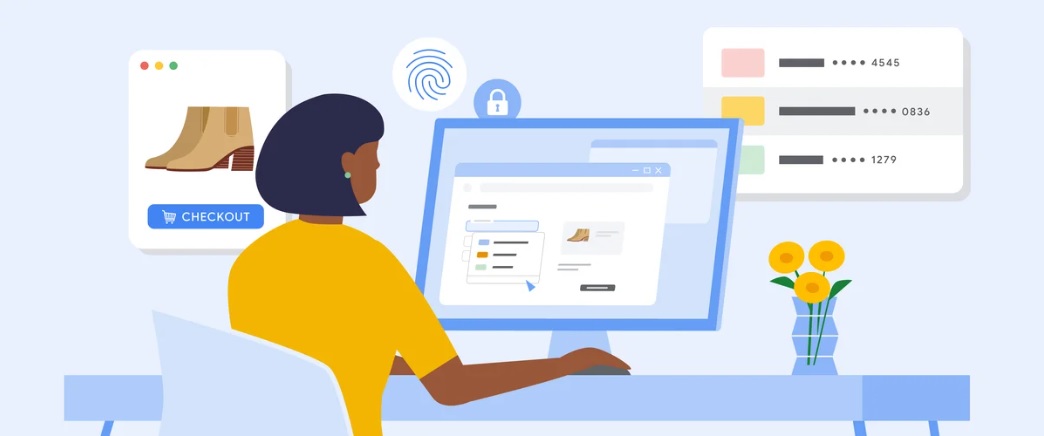Banks and regulators warn of rise in ‘quishing’ QR code scams

Banks and regulators are warning that QR code phishing scams — also known as “quishing” — are slipping through corporate cyber defences and increasingly tricking customers into giving up their financial details.
Lenders including Santander, HSBC, and TSB have joined the UK National Cyber Security Centre and US Federal Trade Commission among others to raise concerns about a rise in fraudulent QR codes being deployed for sophisticated fraud campaigns, according to the Financial Times.
The new type of email scam often involves criminals sending QR codes in attached PDFs. Experts said the strategy is effective because the messages frequently get through corporate cyber security filters — software that typically flags malicious website links, but often does not scan images within attachments.
Research by IBM found that “phishing” attacks — which involve scammers send targeted emails with malicious links — are increasingly expensive to companies, with the global average cost of a data breach rising nearly 10 per cent to $4.9mn in 2024.
A survey by security software company McAfee in May found that more than a fifth of all online scams in the UK probably originated from QR codes. Reports of QR code scams in the UK more than doubled in the year to August 2024, according to Action Fraud.
Dariusz Mazurkiewicz – CEO at BLIK Polish Payment Standard
Banking 4.0 – „how was the experience for you”
„To be honest I think that Sinaia, your conference, is much better then Davos.”
Many more interesting quotes in the video below:










